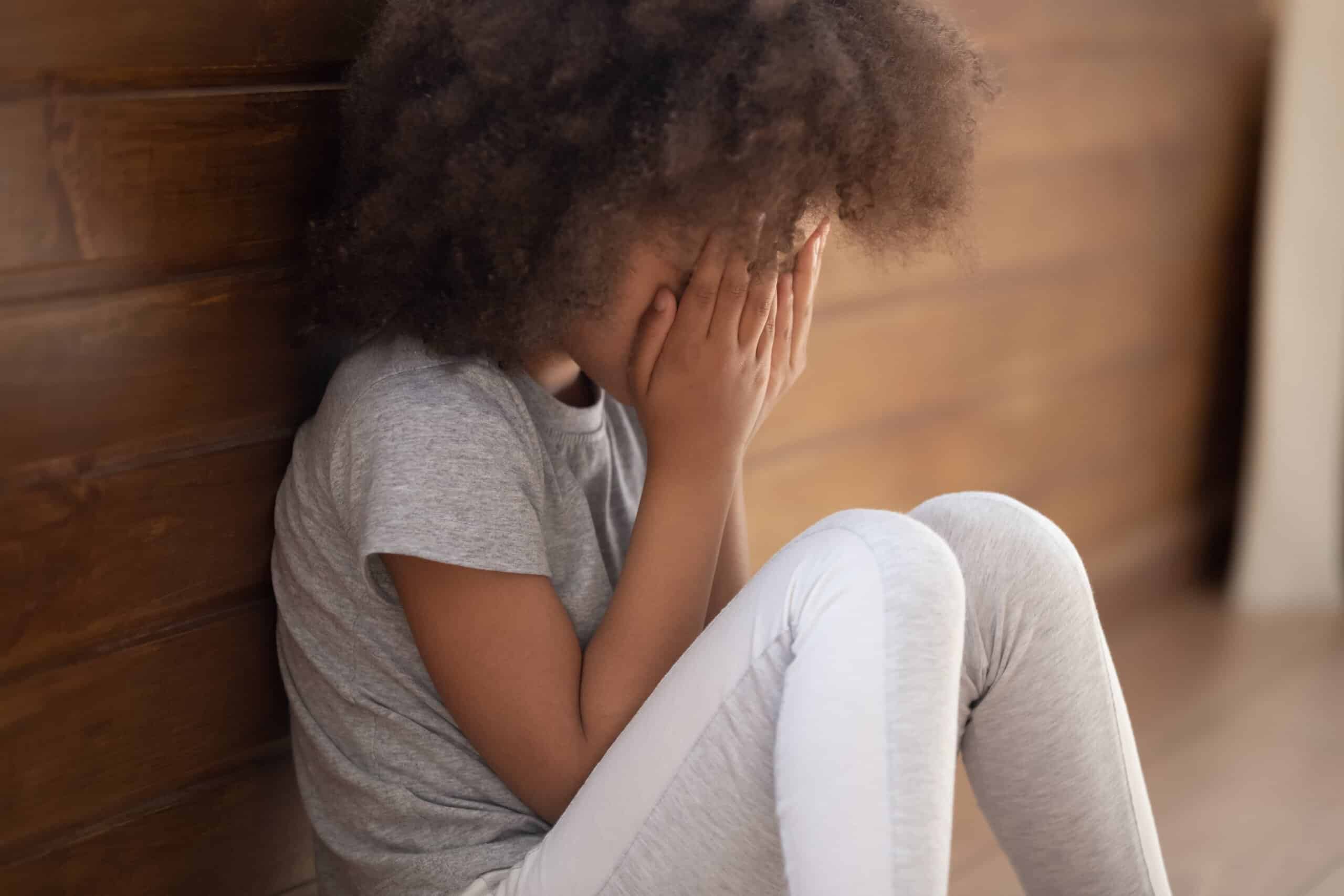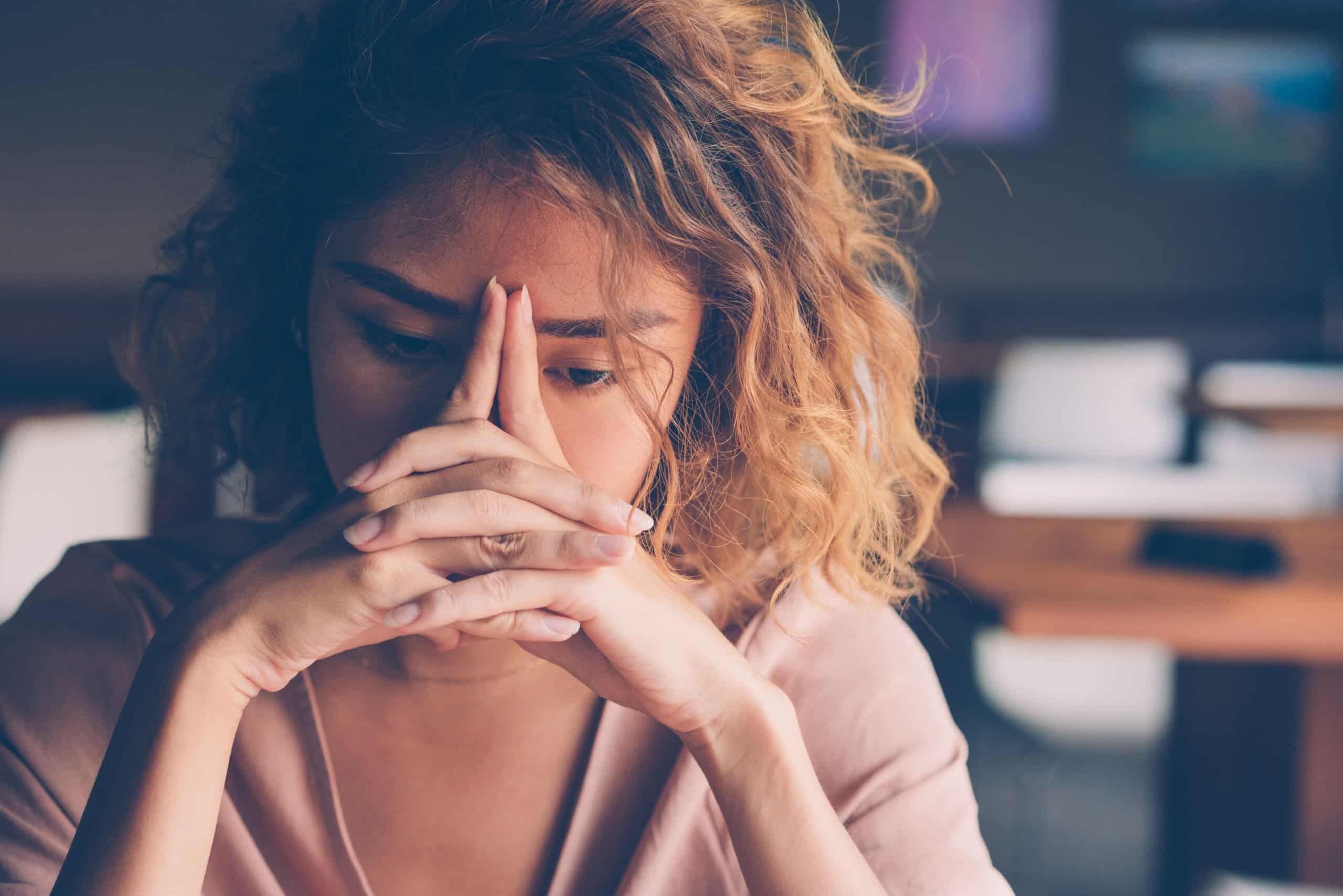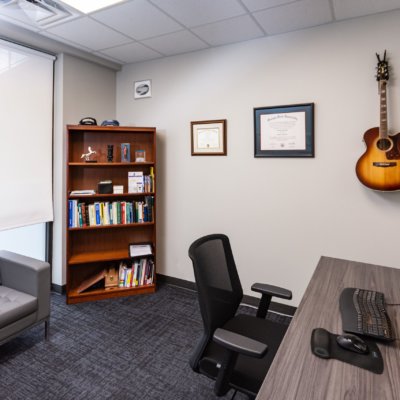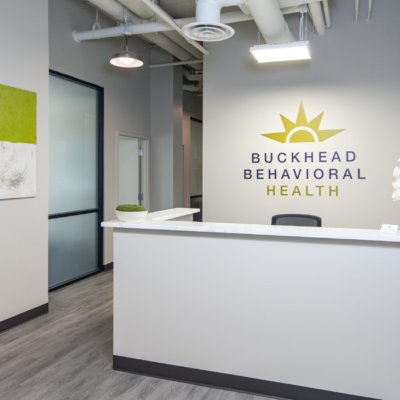Childhood is often painted as an idyllic time in a person’s life when they feel cared for and protected. For many, this isn’t the way their young years played out. A child who suffers from trauma often carries that into adulthood, and it can surface as an addiction or mental health disorder. Are you wondering “Do I have childhood trauma?” Buckhead Behavioral Health can help you find the answer and get the help you need. Our dual diagnosis treatment centers in Georgia provide a safe space to live while you heal issues from the past and become a healthier you.
If you or a loved one are struggling from the effects of childhood trauma, call us now at (470) 460-6789 or fill out the form below and one of our admissions representatives will reach out to you.
What Is Childhood Trauma?
Most children have an event or two in their lives that prove difficult to get through or that they remember as being painful. However, sometimes an event can be so adverse that it qualifies as being traumatic. It can be one singular event or a series of events that take place at any point during their childhood.
It may surprise many people that two-thirds of children report they have endured at least one traumatic experience by the time they turn 16. They may develop symptoms of trauma while still a child or later on after growing up. If caught early, a child may overcome it. For others, it becomes a situation that requires professional treatment.
What Puts a Person at Risk For Developing Childhood Trauma?
Childhood trauma can happen for several reasons. It can be difficult to understand the underlying reasons, which may make it hard for someone to answer the question, “Do I have childhood trauma?” Common events that can cause the development of trauma include the following:
- Sexual abuse
- Physical abuse
- Emotional abuse
- Neglect by caretakers
- The loss of a parent or other close family member or caregiver
- Divorce
- Growing up in a home where violence occurs between other people
- Natural disasters like tornados, hurricanes, or earthquakes
- Being a victim of or witness to a school shooting
- Civil unrest within the community
- Cycling through the foster care system
- Having a long-term illness
- Being bullied
- Being the victim of a serious injury
- Living through military acts or wartime events
Do I Have Childhood Trauma?
If you are wondering “Do I have childhood trauma?”, you can ask yourself a set of questions to help answer this. Answer yes or no to the following questions:
- Do I experience anxiety or panic attacks?
- Do I feel depressed and unable to snap out of it?
- Do I experience flashbacks to the event(s)?
- Do I avoid anything that reminds me of what happened, including people, places, and activities?
- Do I have difficulty sleeping or frequent nightmares?
- Do I have trouble talking about what happened and avoid doing so?
- Have I never really processed the trauma I went through and hoped it would go away on its own?
- Do I have difficulty excelling at work or in school?
- Do I have trouble trusting people and making attachments?
- Do I look for a quick exit strategy wherever I go?
- Do I often feel unsafe?
If you answer “yes” to two or more questions, you should talk to a treatment professional about the possibility of getting help for childhood trauma.
Identifying Childhood Trauma By Age Group
Different signs and symptoms of childhood trauma can happen. They vary per child and event, although there are common ones that happen in particular age groups. For preschool-age children, symptoms include crying or screaming a lot, having nightmares, and experiencing separation anxiety. Some children in this age group also won’t eat enough.
Children of elementary school age often have difficulty sleeping and have nightmares. Their school work may suffer, they experience cognitive difficulties, and they feel a lot of anxiety. They may develop fears of different things or situations. Children who are in middle or high school and who have experienced trauma often develop depression. They may begin self-harming, isolate themselves from family and friends, and engage in risk-taking behavior.
Can Traumatic Experiences Contribute to Developing Addiction?
Many people who develop an addiction to drugs or alcohol do not realize that the root of their substance use disorder lies in having experienced childhood trauma. When trauma goes untreated, many people turn to abuse substances in order to self-medicate. It may start as a couple of drinks or casual drug usage in order to relax or minimize flashbacks. Unfortunately, using substances only covers up a problem temporarily.
This makes it vitally important that anyone seeking help for addiction understand if childhood trauma has contributed to the onset of their illness. If it has, the treatment team can create a program that addresses treating the trauma alongside the addiction. When someone learns to minimize the effects of the trauma and make peace with their past, their urges to drink or use drugs typically reduce.
Do I Have Childhood Trauma That Resulted in a Dual Diagnosis?
Dual diagnosis is the presence of both a substance use disorder and a mental health disorder. When someone goes through trauma as a child, they greatly increase their chances of developing a dual diagnosis. In fact, the two disorders tend to feed off each other. Someone using drugs or alcohol to the point of addiction can increase symptoms of mental illness or cause the onset of it. On the flip side, someone who has developed a condition like post-traumatic stress disorder (PTSD) often uses drugs and alcohol to try to deal with the symptoms.
Some treatment facilities that work with trauma victims treat dual diagnosis. This allows the person to heal both parts of their life simultaneously. This helps them get healthier faster and at a lower cost.
How Is Trauma Treated?
Trauma therapy and treatment begin with an assessment to understand what happened and the effects the trauma had on the individual. Talk therapy allows the person to speak candidly in a private setting with a compassionate therapist trained to help them. The individual is not pressured to heal quickly but rather to go at a pace that is comfortable for them.
Several types of therapy can be used to help people who have trauma-based illnesses. These include individual therapy, group, and family therapy. Holistic rehab provides a terrific way for people to use activities to process and heal from trauma. As well, eye movement desensitization and reprocessing therapy (EMDR) has helped people come to terms with childhood trauma. In fact, many people who take part in a series of EMDR sessions find they minimize and even eliminate many of the troubling symptoms that happen as a result of trauma.
Medications can help many people deal with symptoms of depression, anxiety, flashbacks, difficulty sleeping, and more. An evaluation by a treatment provider will help determine if a person may benefit from using FDA-approved medications to help overcome trauma.
Get Treatment for Childhood Trauma Today
Buckhead Behavioral Health recognizes that the experiences children go through help shape the rest of their lives. If you are wondering “Do I have childhood trauma?”, our staff can help you answer that difficult question. If you need help overcoming the way that trauma from your past has impacted your adult life, we can help. We provide access to outpatient programs that help you overcome addiction and improve your mental health. We show you how to lead the full life you deserve without being held back by your past.
Do you have questions about how we can help you or someone you love? Visit our admissions page today and find out how we can give you the answers you need.
